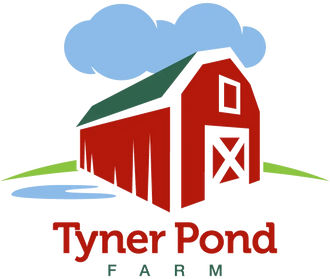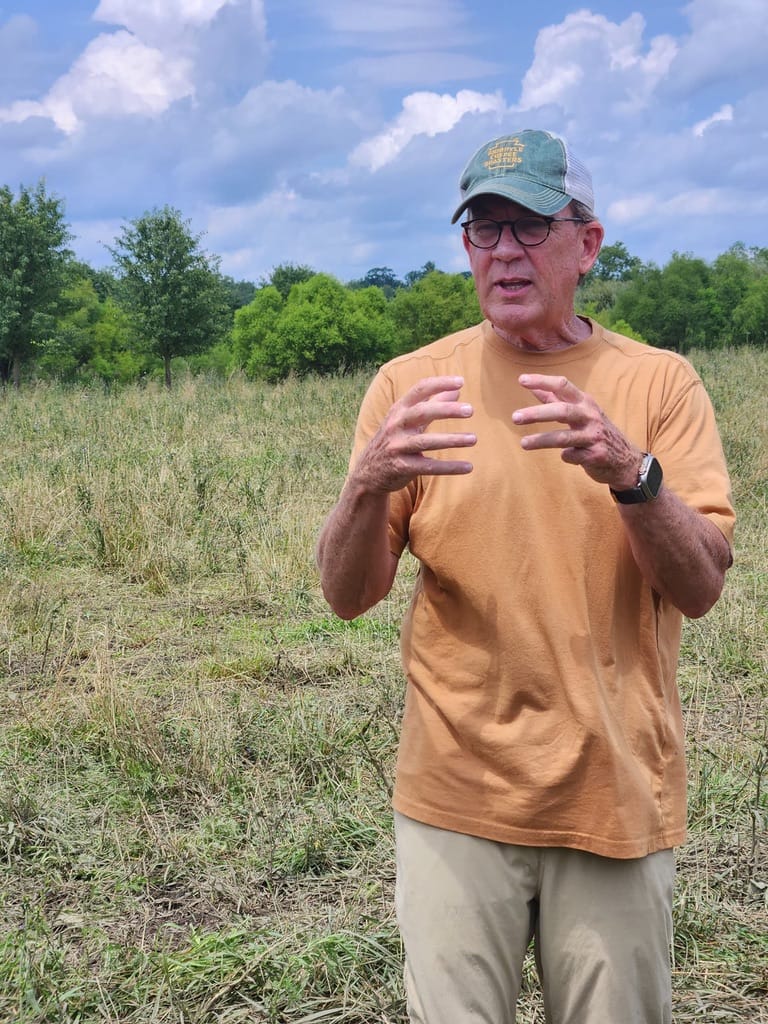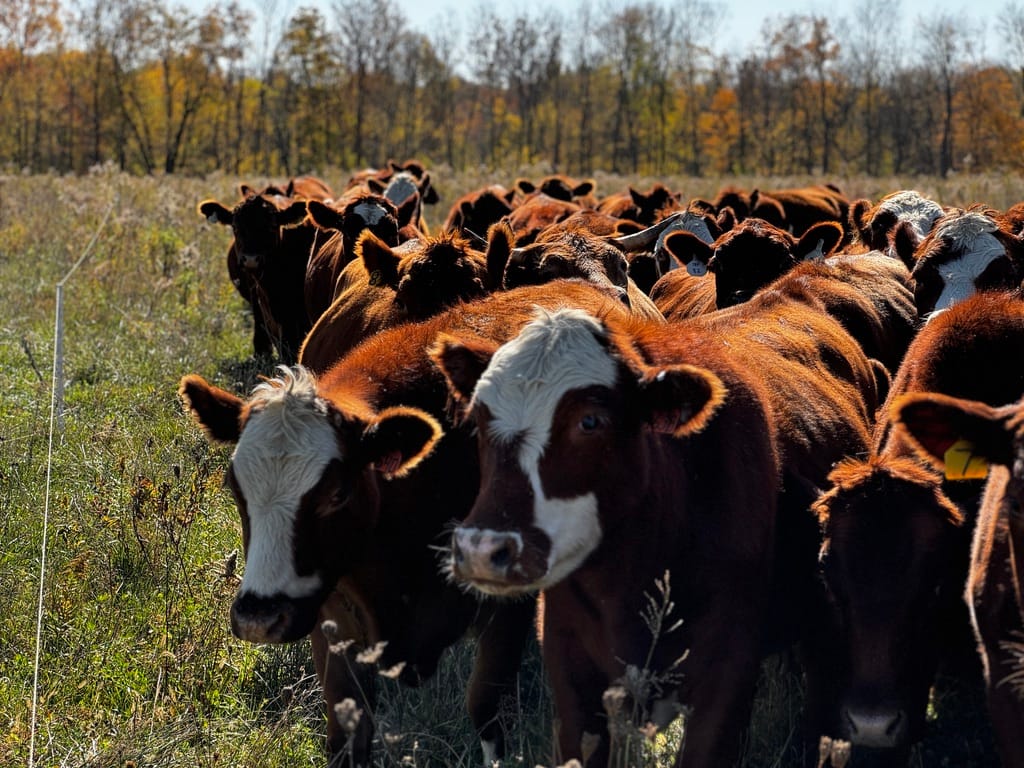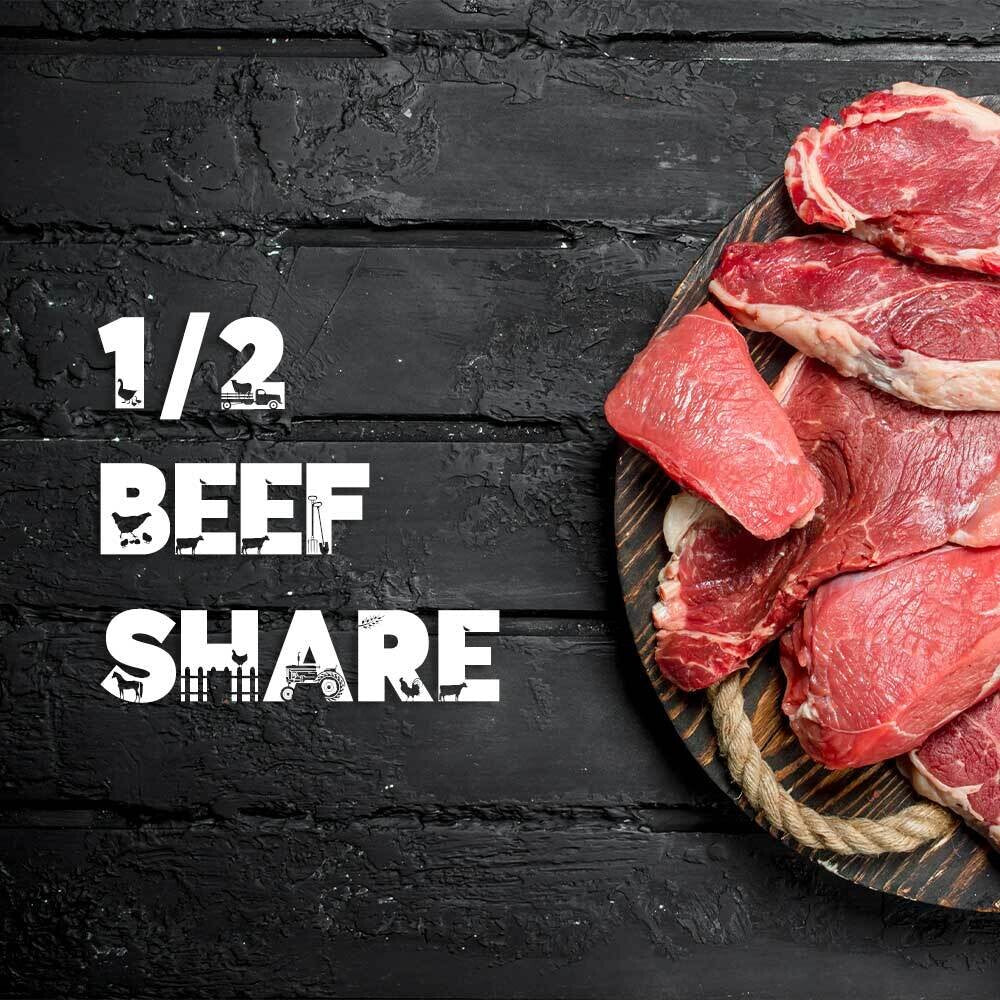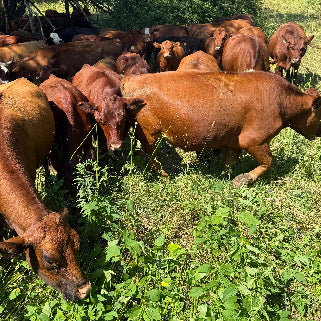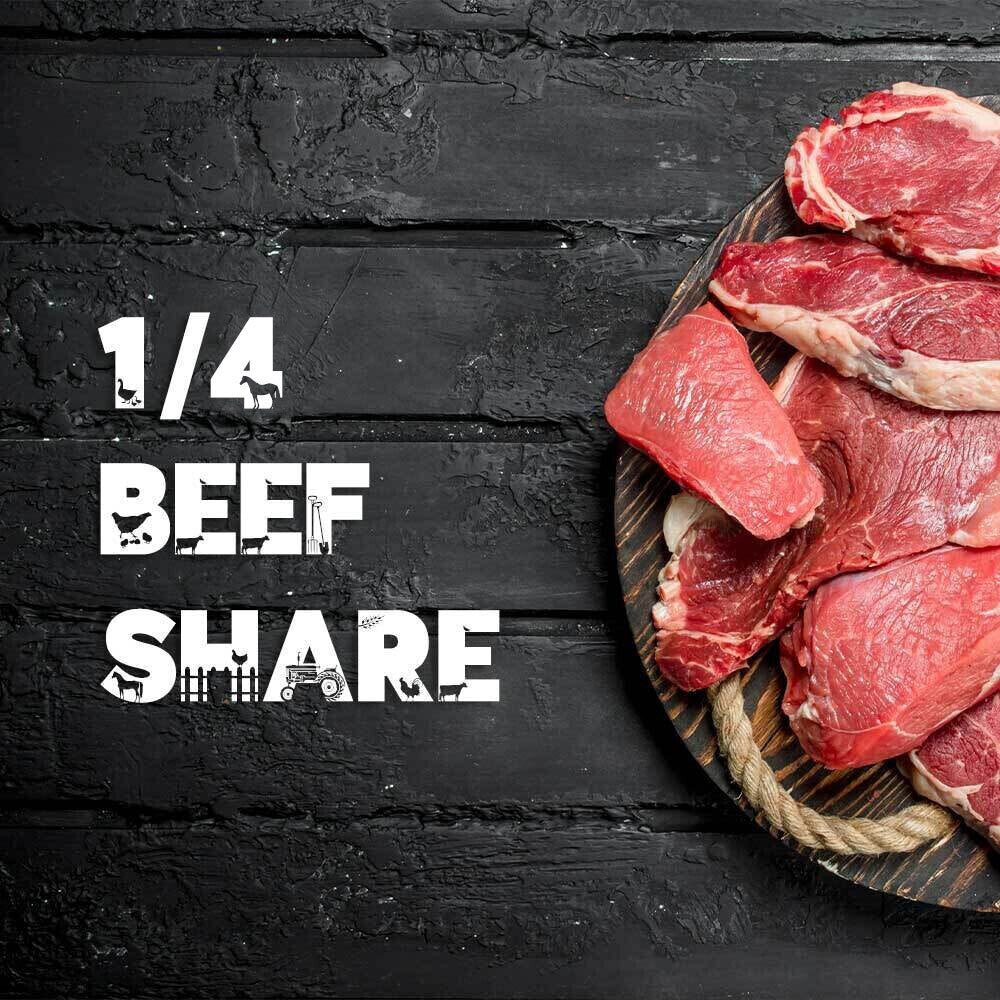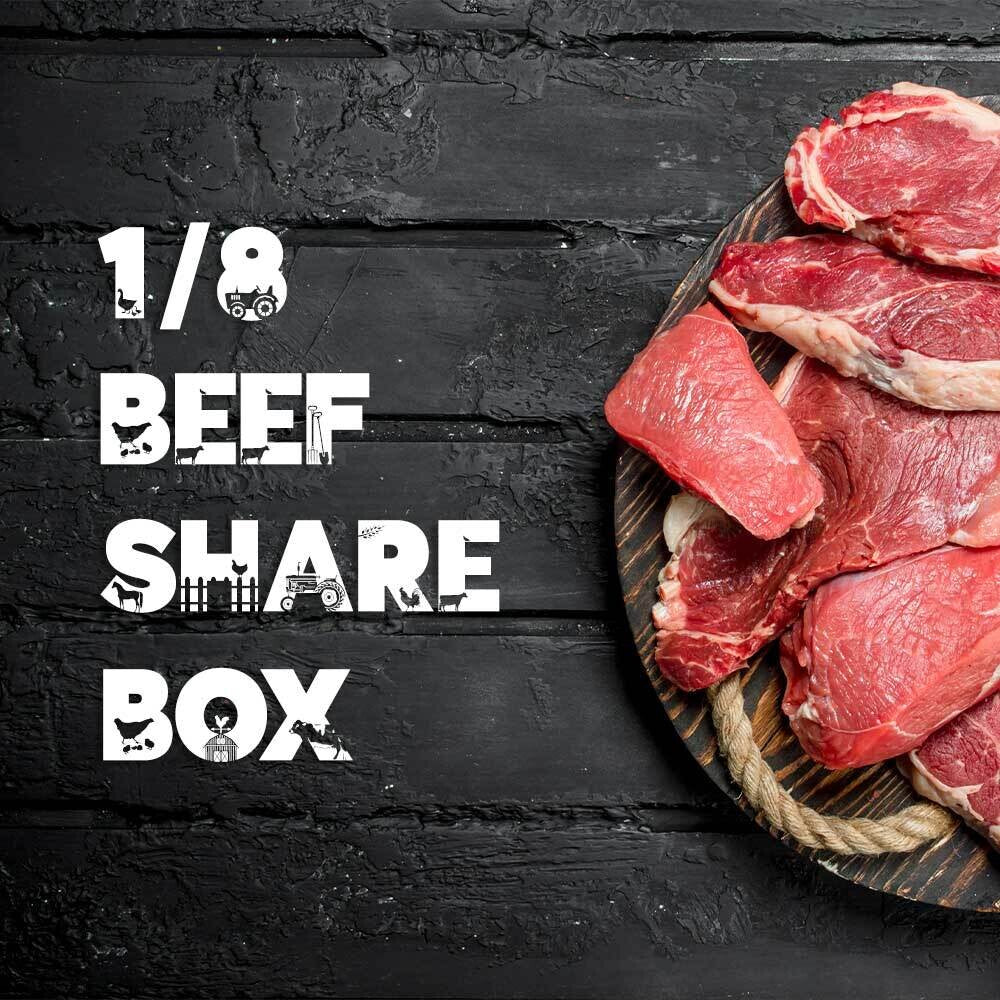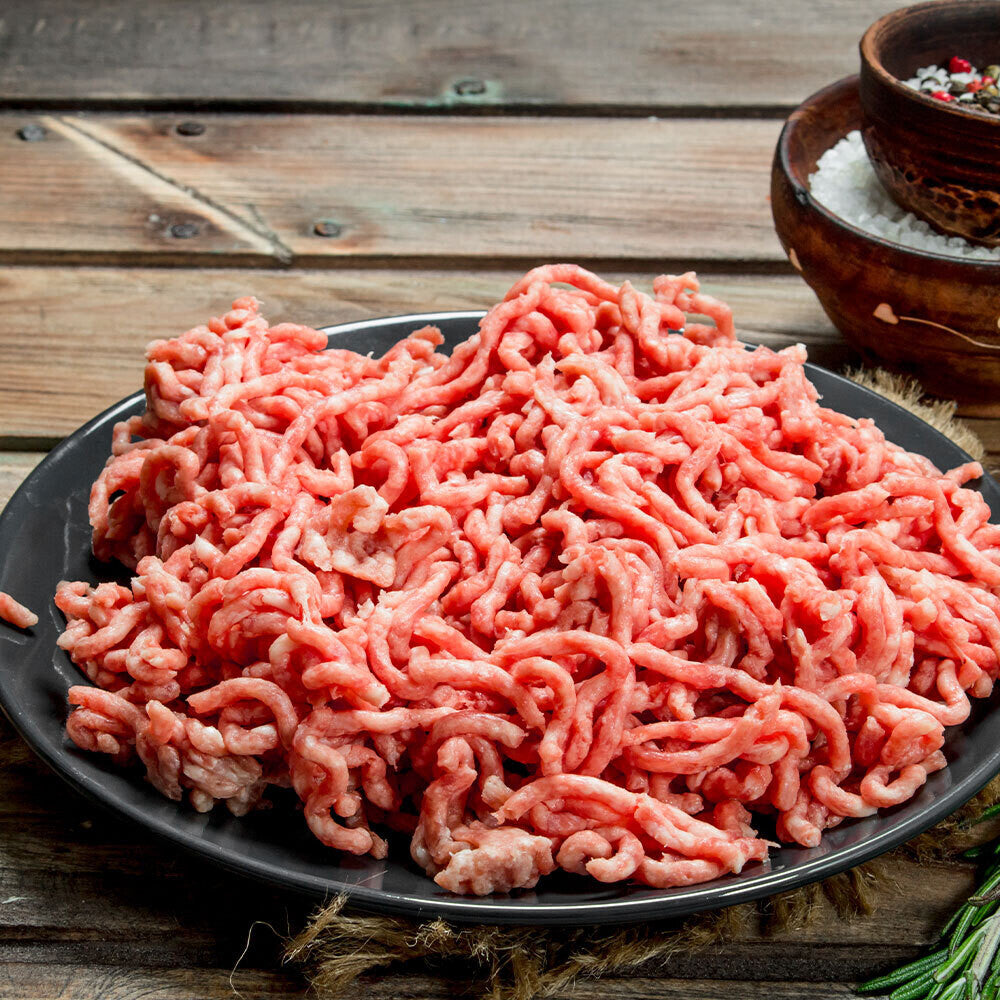
Breaking Free from the Reductionist Mindset: Letters From A Farmer In Indiana #3
Letters From A Farmer In Indiana Issue #3
Our efforts at Tyner Pond Farm towards understanding and implementing Holistic Management has been one of continuous learning and discovery. It was, surprisingly, the understanding of reductionist thinking that was my lightbulb moment. In the realm of resource management, Holistic Management offers a contrasting approach to traditional, reductionist thinking. Holistic Management is a decision-making framework that aims to manage resources – land, livestock, finances, community – in a way that is economically, environmentally, and socially sound. Reductionist thinking, often the default mode in many fields, breaks down problems into smaller, isolated components. While this can simplify complex issues, it often leads to short-sighted solutions. This tendency is amplified by corporations that profit from such an approach. Lot's of companies are happy to provide one-off solutions to very narrow problems without considering the whole. The key is, most of the time reductionist solutions create dependencies. Agriculture is a great example of this. Often agriculture is dependent on paying for fertilizers, herbicides, fungicides, insecticides, antibiotics & other pharmaceuticals and seed genetics....any disruption in any one of these dependencies and the whole system is at risk. This narrow focus, often ignores the complex web of interactions within the ecosystem. A pesticide might kill a target pest, but it can also harm beneficial insects and disrupt the delicate balance of the soil microbiome. Overuse of fertilizers can lead to nutrient runoff, polluting waterways and causing algal blooms.Holistic Managers seek independence and resist reductionist dependencies.
Holistic Management, emphasizes the interconnectedness of systems. It recognizes that a change in one area can ripple out and affect the entire system. Instead of isolating variables, holistic thinkers seek to understand the web of relationships within a system, from soil health to market forces to community well-being. The benefits of this approach are important:- Resilience: Holistic systems are better equipped to withstand shocks and disturbances.
- Sustainability: By addressing root causes, holistic solutions promote long-term viability.
- Regeneration: Practices that nurture the whole system can lead to ecological restoration and improved livelihoods.
Tags:
Previous post
Messy Fields, Healthy Food: The Truth About Regenerative Grazing
Next post
